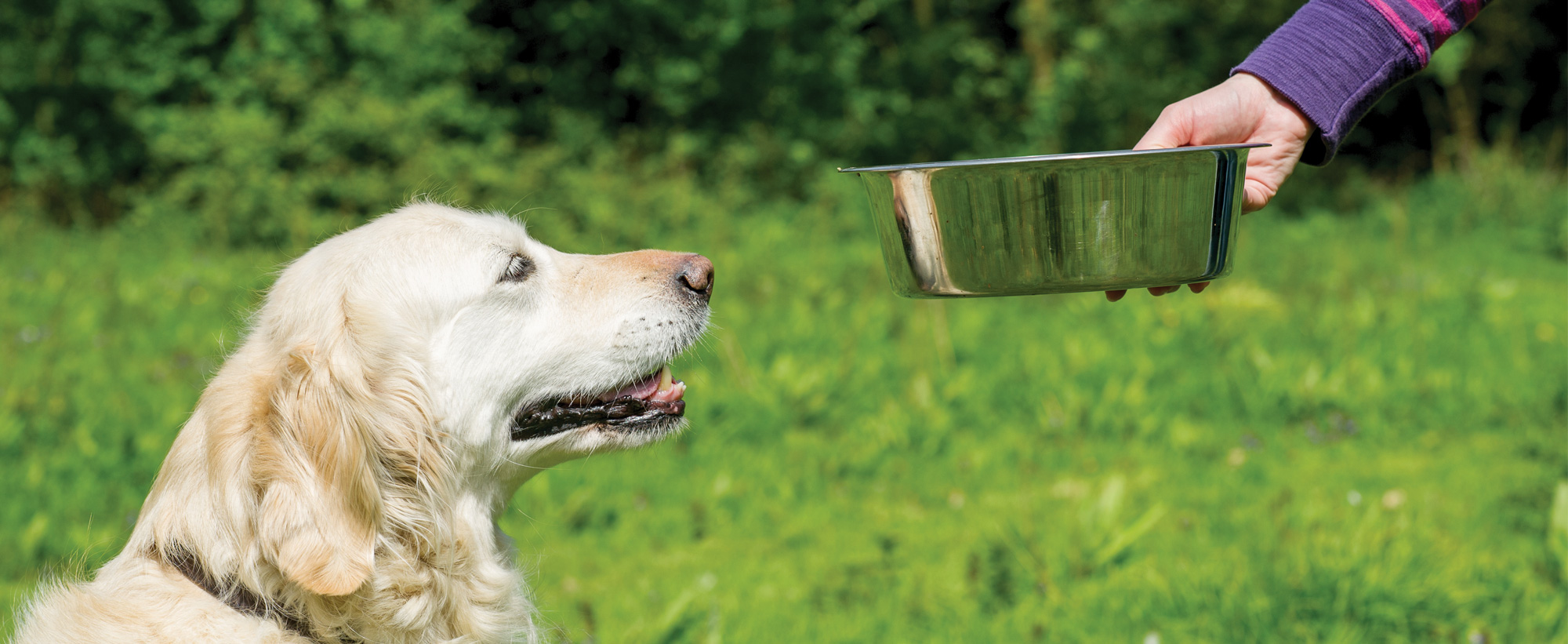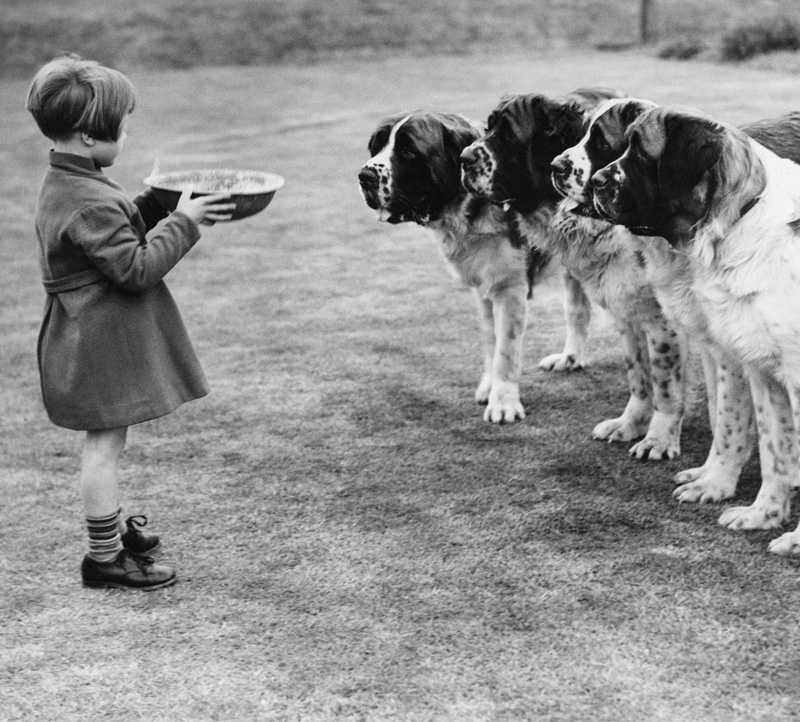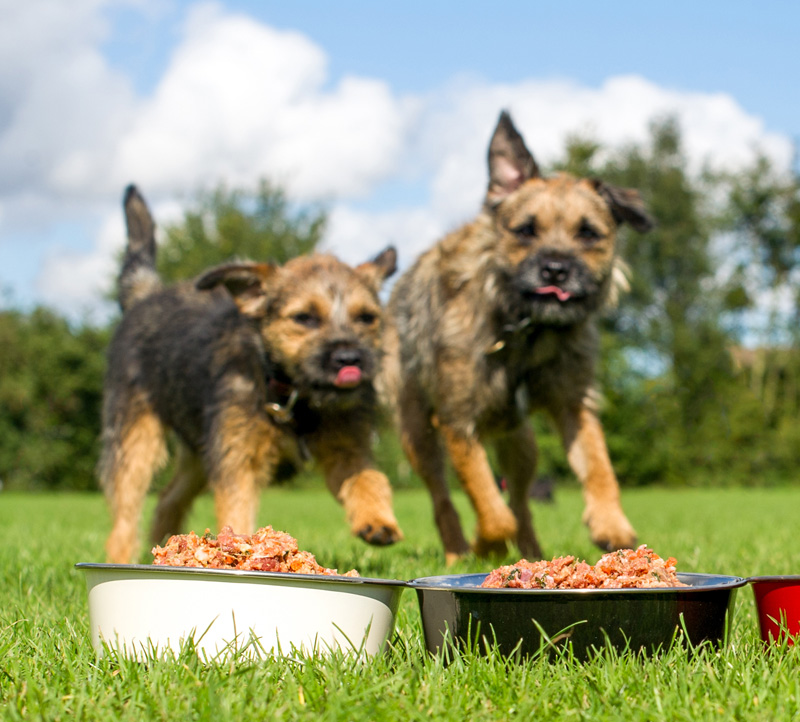How much does my dog weigh?
If you know your dog’s breed then you can check his or her likely weight here.
Alternatively weigh yourself holding your dog and then without your dog. The difference will be your dog’s weight.
Feeding a puppy?
Feeding a puppy? Please telephone, email or complete our Personalised Diet Request (answer the questions and click on this option: ‘I don’t want to order now. Please prepare a free personalised diet for me’).
There is a useful article about feeding puppies here.
General feeding advice
How much you should feed your dog each day will depend on all sorts of factors including his or her:
- weight
- level of exercise
- age
- gender
- health
- metabolism
Not to mention external factors, such as the temperature inside and outside your home.
When you switch to any new food, including Honey’s, you may need to monitor the quantity you serve and make adjustments.
Lots of successful raw feeders simply watch their dogs carefully and adjust the quantity up or down, as necessary, over time.
There is no hard-and-fast rule but for an adult dog over 10kg roughly 2% of their body weight in food (including edible bones) every day should be about right. In other words, a 20kg dog should be eating roughly 400g.
If you have a working dog, an underweight dog or a dog that exercises a great deal, then increase this amount to between 2% and 5% of body weight per day.
If you have an elderly or overweight dog then reduce the amount to between 1% and 2% of bodyweight per day.
You can serve it in as many meals as you want and at whatever time, but it should never be left down for the dog to eat when he or she feels like it.
The function of food
Food has two core functions. It provides energy and it helps the body to remain healthy.
The Honey’s range of complete foods complies completely with the internationally approved nutritional guidelines, as set out by the Federation of European Pet Food Manufacturers (FEDIAF)
With regard to energy the amount required will depend on a variety of circumstances, including how old the dog is (growing dogs need more, elderly dogs less), the amount of exercise being taken, whether the dog is pregnant or feeding puppies and the temperature (weirdly, dogs in really hot climates can need more energy as panting uses up more calories than you would imagine).
Interestingly, dogs do not need a lot of carbohydrates or simple sugars for energy (although a small amount of complex carbohydrate can provide useful fibre), as they find it harder to digest.
Their core dietary requirements are fat (it provides energy and protection and it enables the body to absorb fat-soluble vitamins), essential fatty acids (Omega 6 and Omega 3), protein (with essential amino acids) and a wide range of minerals and vitamins.
You might be interested to know that because wolves exercise so much they need about three times as much food as a typical dog.




